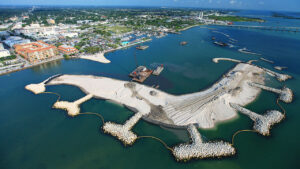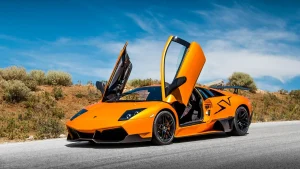Auto financing has steadily declined for 26 months, dropping to Rs227.3 billion in August 2024 from Rs368 billion in June 2022.
Banks’ enticing offers, such as no upfront payments and flexible financing options, have yet to draw in buyers.
A private banker noted a slight positive change this month, as some consumers, particularly those interested in small car financing, have responded to the drop in the Karachi Interbank Offered Rate (KIBOR) from 25% to 17.46%.
Pak Suzuki Motor Company Limited (PSMCL) and Indus Motor Company (IMC) have avoided production halts this month after facing closures in August. IMC shared in a corporate briefing that auto financing’s share in sales has dropped from 30% to about 13-14%.
While decreasing interest rates and better financing terms could raise sales, the outlook depends on political and macroeconomic factors.
Dealers are still concerned about high vehicle prices. The State Bank of Pakistan’s (SBP) regulations, which cap financing at Rs3 million and reduce loan repayment periods from seven to three years, may continue to discourage potential buyers.
Shafiq Ahmed Shaikh, PSMCL’s head of corporate affairs, said single-digit interest rates could boost sales, but the SBP should also raise the financing cap and extend loan terms.
Auto financing once accounted for 50% of Pak Suzuki’s sales when rates were lower, but that figure has dropped sharply.
A dealer mentioned that buyers remain cautious, expecting further interest rate cuts, as high vehicle costs, limited loan terms, and rising living expenses, especially electricity bills, continue to be concerns.
Auto expert Mashood Ali Khan called the interest rate cut a positive step, but said it alone won’t be enough to significantly improve the industry. High vehicle prices and maintenance costs continue to burden middle-income families, and SBP’s restrictions on financing above Rs3 million, along with declining purchasing power, further hinder the market.
Mr. Khan added that industries that typically purchase new vehicles for employees have halted those purchases, and several banks have closed their car financing departments over the past two years.
He believes a full recovery in sales will require interest rates to drop to single digits.
Uncertainty still lingers in the market despite the recent rate cuts. With volatile foreign exchange rates, higher demand for vehicles could lead to an increase in imports of auto parts, prompting the central bank to maintain or introduce new restrictions on auto financing.
After an 18% drop in sales of cars, light commercial vehicles, pickups, and vans in FY24, sales for the first two months of FY25 rose by 36%, with 17,288 units sold compared to 12,671 units in the same period last year.









